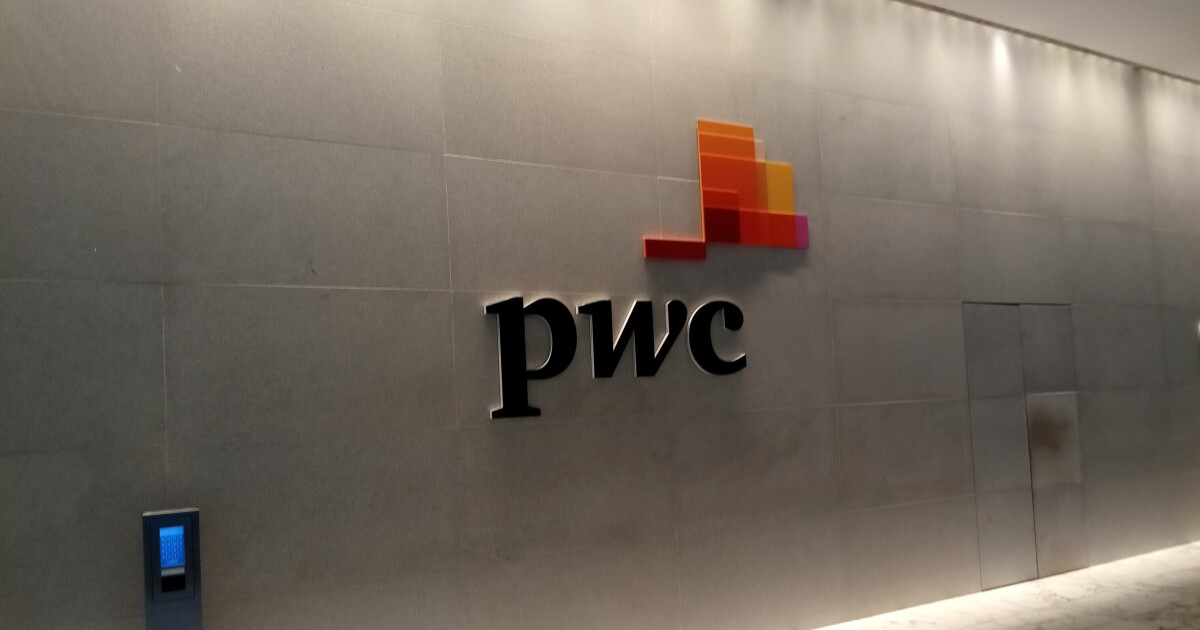For years, Macy’s Inc. touted its ability to boost profits by cutting delivery costs and trimming other expenses on calls with Wall Street analysts. Then on Monday, the department store chain surprised investors by revealing that those very costs had become the source of an internal investigation into what the company has described as a multimillion-dollar employee plot to manipulate the metrics.
The retailer said the incident involved only one former employee, who had hidden as much as $154 million of delivery expenses since 2021. Cash was not taken from the company and the amount of hidden expenses is a small portion of the $4.36 billion of overall delivery costs incurred during that time.
Macy’s said it discovered the hidden expenses while the retailer was preparing its most recent quarterly earnings release, which was set to come out on Tuesday but was delayed due to the accounting issue.
The company said it launched a probe following the discovery but declined to answer why the apparently intentional accounting errors went undetected for nearly three years. Its auditor, KPMG, declined to comment. Macy’s also didn’t provide information on what the employee’s motive was, when the employee left, whether their departure was related to the events, or if the issue was being investigated by law enforcement. Macy’s hasn’t identified the employee.
Cutting the cost of delivering online orders has been a focus for the retailer in recent years as it aims to shore up profitability in the face of flagging sales.
To that effect, the retailer has been diversifying shipping carriers, reducing the distance its packages are sent and spearheading what CFO Adrian Mitchell recently called “process reengineering initiatives” on the company’s August earnings call.
A month later, Mitchell called the efforts one of the “key drivers in terms of expanding gross margin” at the annual Goldman Sachs retailing conference, where investors gathered to hear about the company’s turnaround plan under a new chief executive who took the helm earlier this year.
Macy’s is getting “our delivery expense under control for a lot of customers that are going to be receiving deliveries to their home,” said Mitchell, who joined Macy’s in 2020 from the Boston Consulting Group. He has mentioned delivery expenses in all but one of the 16 quarterly earnings calls that he’s participated in since joining the retailer.
It was a major boon for the retailer and its finance chief, who told Wall Street in May 2021 that the “largest headwind” for profits was its delivery expense. At the time, Mitchell said that the delivery expense accounted for nearly twice the drag on profits compared to the same period in 2019. The more that people shopped online, the bigger the delivery expense line item ratcheted up.
Checks and balances
To be sure, the amount of hidden expenses by the former employee is a small portion of overall delivery costs. Macy’s has been focused on cost cutting across the company, not just delivery expenses. And there’s no indication that Mitchell and other members of the company’s leadership team were aware of the single employee’s actions.
But the discovery raises questions about the checks and balances Macy’s has in place to ensure accurate accounting of its business activities, particularly around a metric its chief financial officer was keenly focused on. Macy’s declined to make its CFO available for an interview.
One possible scenario is that an accountant at Macy’s could have changed the internal coding of delivery transactions to charge those payments to the wrong account, according to Adriana Carpenter, a former accountant at auditor PwC who now serves as chief financial officer of expense management software company Emburse.
As a result, the payments may have been recorded as cash outflows, but the expense wouldn’t have been reported, said Carpenter, who does not have first-hand knowledge of Macy’s business practices.
A large company like Macy’s typically has controls in place to ensure such a scenario couldn’t occur but it’s unclear if that’s the case in this instance, she added. Macy’s declined to comment on its controls.
The size and duration of the incident also makes it likely that the Securities and Exchange Commission is investigating or will investigate, said Jim Barratt, a former SEC enforcement accountant and founder of Barratt Consulting Group.
The SEC, which regularly reviews company filings for unusual disclosures, said it doesn’t comment on the “existence or nonexistence of a possible investigation.” Macy’s declined to comment on any possible external investigations.
The disclosure also draws attention to the company as a whole, not just the unnamed employee singled out in the press release, Barratt said. “Accounting entries aren’t made by one person,” he said. “It takes more than one person.”


 Accounting1 week ago
Accounting1 week ago
 Finance1 week ago
Finance1 week ago
 Economics7 days ago
Economics7 days ago
 Finance1 week ago
Finance1 week ago
 Economics1 week ago
Economics1 week ago
 Economics1 week ago
Economics1 week ago
 Personal Finance6 days ago
Personal Finance6 days ago
 Economics5 days ago
Economics5 days ago












